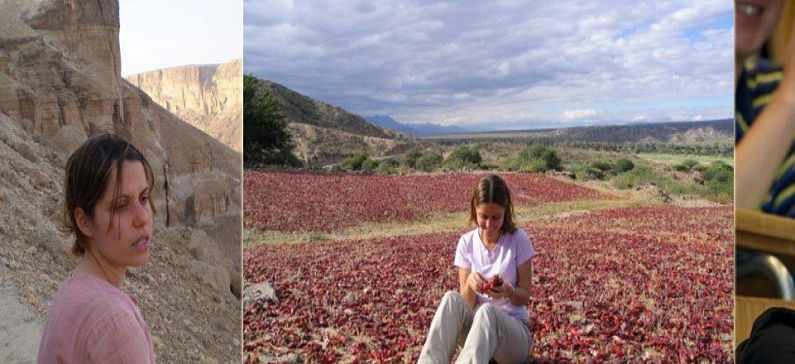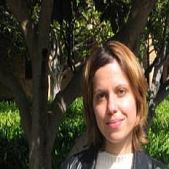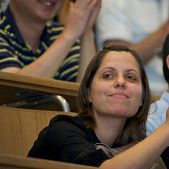
Researchers quantum cryptography in telecommunications and the Internet
Eleni Diamanti is a researcher at LIP6 (Laboratoire d’Informatique de Paris 6), the computer science laboratory of Université Pierre et Marie Curie. LIP6 is a joint research laboratory of UPMC and CNRS, the French national research organization.
Her research interests are centered on quantum information processing and quantum communications, and in particular theoretical and experimental quantum cryptography, quantum networks, and multiparty entangled photon sources.
She is one the six Greek researchers among the 406 European researchers that will be supported by the European Research Council (ERC) with grants to continue their research. ERC’s purpose is to support talented early-career scientists, who have already produced excellent supervised work, into becoming independent researchers and the research leaders of tomorrow. The funding, worth €605 million in total and up to €1.5 million per grant, will enable them to set up their own research teams and pursue ground-breaking ideas.
Her research entitled ‘QUSCO: Quantum superiority with coherent states’, is about quantum cryptography in telecommunications and the Internet. “The aim is to prove that it is possible to communicate with encrypted messages through quantum mechanics and to be more efficient. Of course, this will require a change in the entire infrastructure, quantum computers, which will be based on optical systems” she told the Greek newspaper Kathimerini.
Eleni Diamanti is from Athens, Greece. She received a B.Sc. in Electrical and Computer Engineering from the National Technical University of Athens, Greece, in 2000 and a Ph.D. in Electrical Engineering from Stanford University in 2006.
From January 2009 until August 2016, she was a researcher at LTCI (Laboratoire Traitement et Communication de l’Information), a joint research laboratory between Télécom ParisTech (also known as ENST) and CNRS (Centre National de la Recherche Scientifique).













